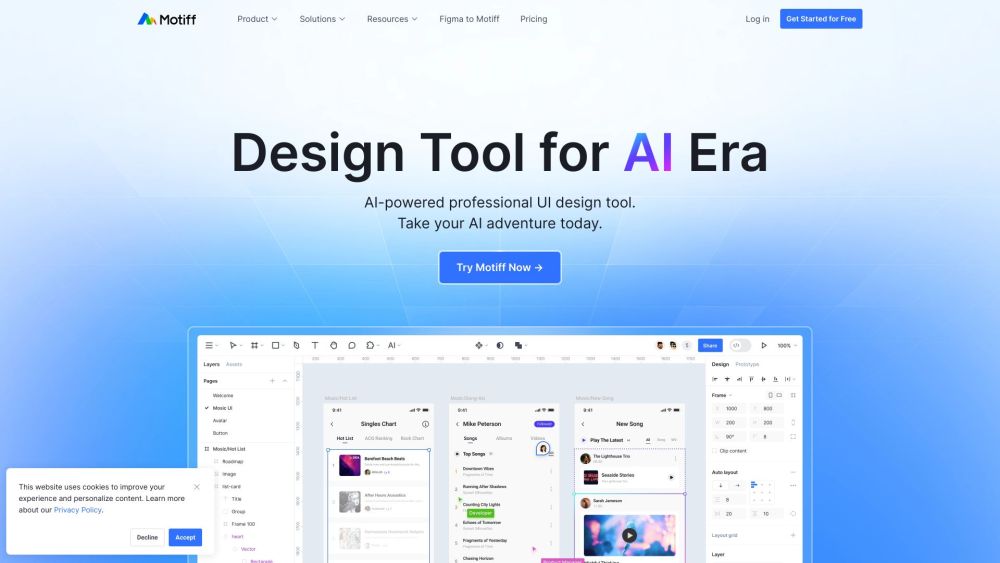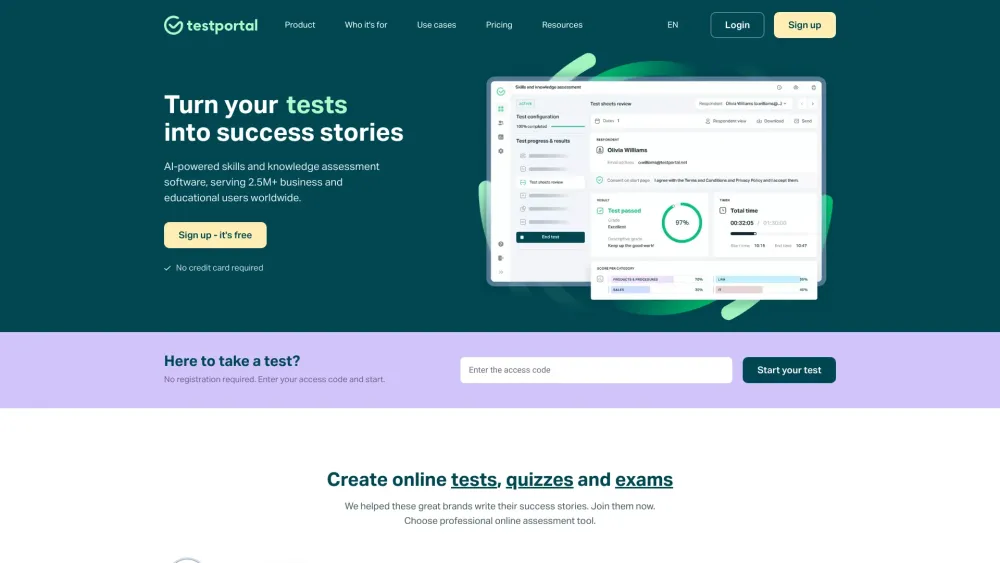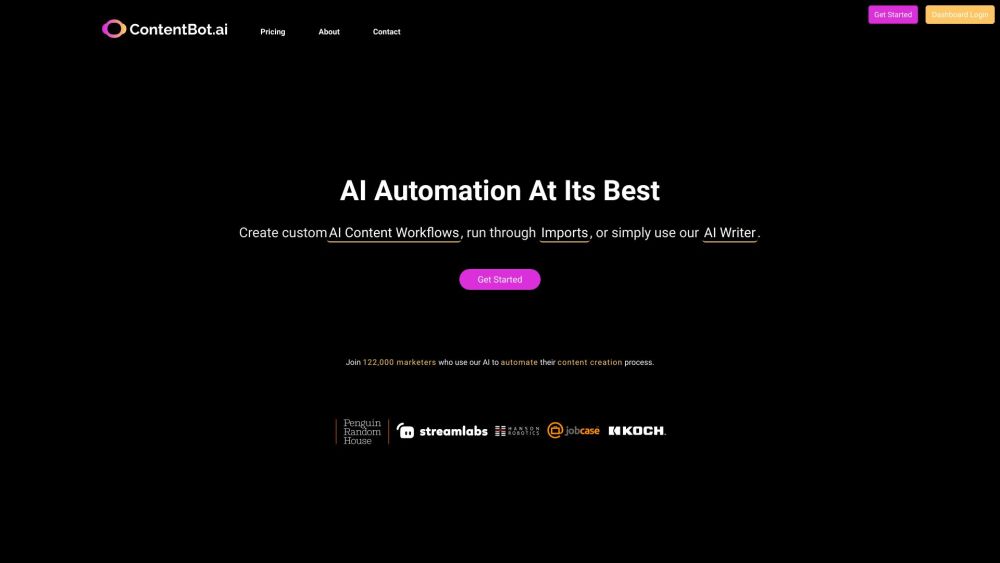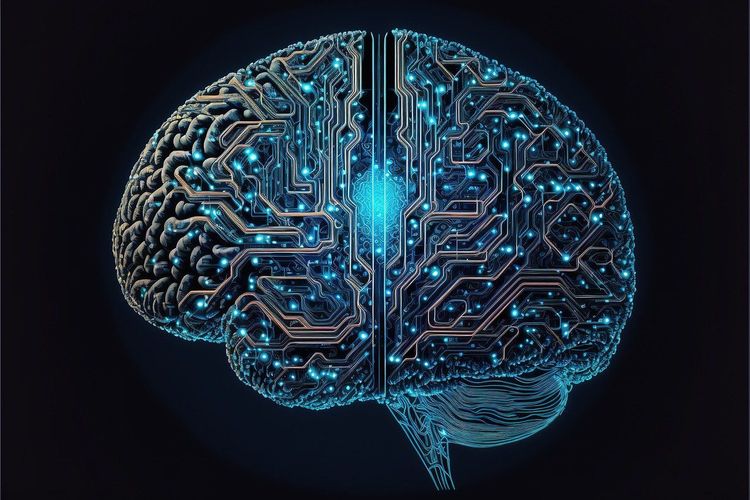On New Year’s Day, Disney’s copyright on its classic 1928 short film, Steamboat Willie, expired, allowing the beloved character of Mickey Mouse to enter the public domain. In response, a French developer has unveiled an innovative image generation model called Mickey-1928, enabling users to create images of this iconic Disney mascot freely. It's an exciting development, as it means individuals can use AI technology to generate visuals inspired by Steamboat Willie without facing copyright infringement issues. However, it's important to note that newer iterations of Mickey Mouse remain protected by copyright.
Mickey-1928 is crafted from a refined version of Stable Diffusion XL and has been specifically trained on a selection of 96 stills from the original film. The model was developed by Pierre-Carl Langlais, the head of research at Opsci, a French AI research lab. Despite its promise, the model’s output quality is currently hindered by a lack of high-resolution versions of the cartoon, as Langlais highlighted on Twitter under the alias Alexander Doria. The Hugging Face repository also notes that users "should not expect consistently good results" when utilizing this model.
“Hopefully, the model will improve as Mickey increasingly integrates into the digital commons, supported by restoration and curation from cultural heritage institutions and free culture initiatives like the Internet Archive or Wiki Commons,” Langlais remarked. The Mickey-1928 model is also capable of generating images of other characters, including Minnie Mouse and Pete, Mickey's notorious adversary from the original film.
Interestingly, many expected characters like Mickey and his compatriots to enter the public domain in the 1980s. However, numerous extensions of copyright terms delayed this process. Langlais views a robust public domain as an ideal solution to the ongoing debate between AI and copyright laws. Presently, AI-generated images do not receive copyright protection in the U.S. or most Western countries. In contrast, China has recently shifted its stance, allowing copyright protections for AI-generated artwork through a landmark ruling.
Langlais believes that both large language models and diffusion models have the potential to create significant incentives for digitizing the rich cultural artifacts of the 20th century. Looking forward, the work on Mickey-1928 is expected to expand, with Langlais actively encouraging contributions to track down original Mickey posters from the late 1920s. This endeavor not only aims to celebrate the legacy of Mickey Mouse but also underscores the growing importance of digital culture and the preservation of historical imagery in the modern era.






